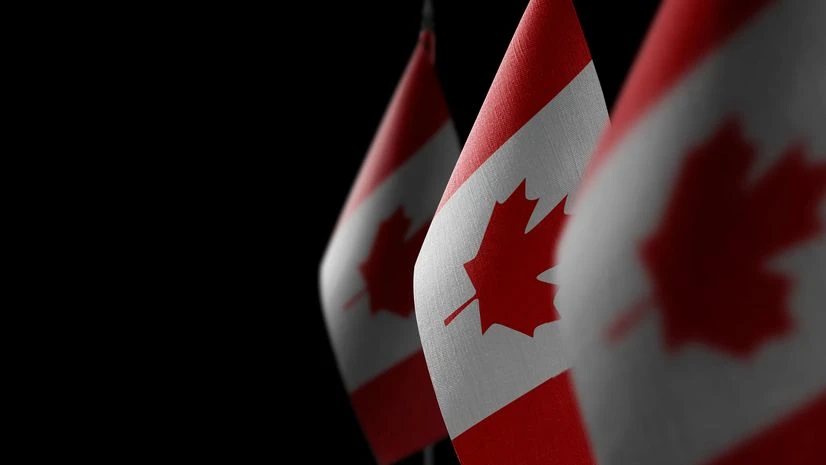)
Canada is witnessing a sharp rise in the number of immigrants being refused entry, according to government data accessed by Reuters.
In July alone, 5,853 foreign travellers — ranging from students and workers to tourists — were denied entry, marking the highest monthly rejection figure since at least January 2019.
Growing pressure on Justin Trudeau’s government
This spike comes as Prime Minister Justin Trudeau’s Liberal government faces growing pressure to limit the number of temporary residents. Concerns over housing shortages and rising costs have intensified, with some attributing these issues to the influx of migrants.
Between January and July 2024, the country turned away an average of 3,727 foreign travellers per month, a 20 per cent rise compared to the same period in 2023. Moreover, in July, 285 visa holders were deemed inadmissible — the highest monthly number since 2019.
As Canada’s immigration policies face impending changes, the government has reduced the number of visas available to foreign nationals. In January, February, May, and June 2024, visa rejections have outpaced approvals, indicating a rise in denied visitor visa applications.
Immigration Minister Marc Miller has responded to these challenges by advocating for a more regulated immigration system. The government’s decisions to place a cap on study permits for international students and tighten rules for the Temporary Foreign Worker program reflect broader efforts to curb the influx of permanent residency applicants.
Impact on Indian migrants
These policy shifts are particularly impactful for Indian migrants, who constitute a significant proportion of international students and low-wage workers in Canada. According to the National Foundation for American Policy (NFAP), Indian immigration to Canada saw a staggering 326 per cent increase between 2013 and 2023, rising from 32,828 to 139,715.
Enrollment of Indian students in Canadian universities has similarly surged over 5,800 per cent in the past 20 years, growing from 2,181 in 2000 to 128,928 in 2021.
Despite recent diplomatic friction between India and Canada, the latter remains a desirable destination for Indian migrants, largely due to more accessible pathways to both temporary and permanent residency, in contrast to the restrictive immigration policies of the US, particularly regarding the H-1B visa.
